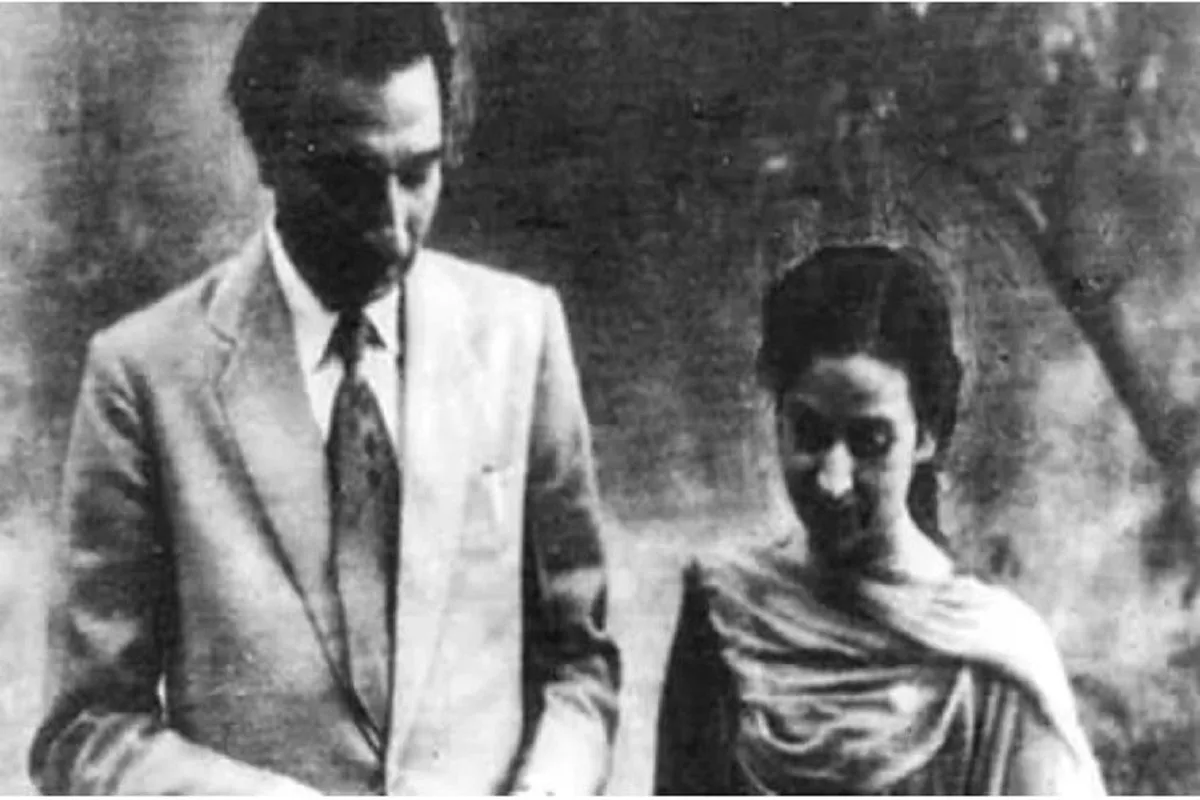
The intricate, profound, and rich fabric of Punjabi literature is revealed against the colorful kaleidoscope of mustard fields, the audible rhythm of dhol rhythms, and the fragrant air that conveys the perfume of delectable Punjabi cuisine. Each line of poetry and prose resonates with longing and love, expressing the many shades of human emotion in a way that only the lush land of five rivers could inspire.
The great poet Baba Farid serves as the starting point of our literary tour of Punjab. Farid was a spiritual Sufi saint who lived in the 12th century. His poetry, which is infused with raw, passionate confessions of love and longing, was the first of the Punjabi literary heritage. His lines, which were understated yet moving, woven a spiritual tapestry that frequently took the form of earthly love. In addition to being a person, Farid’s lover was also a representation of heavenly love. His poetry portrayed love as a cause of suffering yet a way to freedom, evoking feelings of both loss and joy.
Later on, the atmosphere of love and longing in Waris Shah’s literary works—the Shakespeare of Punjabi literature—took on a slightly different tone. “Heer Ranjha,” Shah’s masterpiece, is a timeless tale of forbidden love. The two star-crossed lovers, Heer and Ranjha, overcome societal barriers to declare their love for one another because of their intense need for one another. Their struggle is relatable, their love powerful, and their longing palpable. Here, Shah exposes the tension between societal expectations and the desires of the heart while lyrically expressing the joys and hardships of love.
These themes mature and adjust to the changing times as we move from the classical to the modern era. The depth of love, the emotional resonance of folk music, and the scent of the fields are all present in contemporary Punjabi literature, which also depicts the paradox of longing in a world that is changing quickly.
The renowned poetess and writer Amrita Pritam depicted numerous aspects of love and longing in her works. Pritam chronicled the tragic story of Puro, a Hindu girl kidnapped during the Partition, in her widely read book “Pinjar” (The Skeleton). The book explores her longing for her hometown and her broken relationship, exposing the gendered dimensions of violence, loss, and longing. Pritam’s writings serve as an example of how love can endure adversity and turbulence.

















